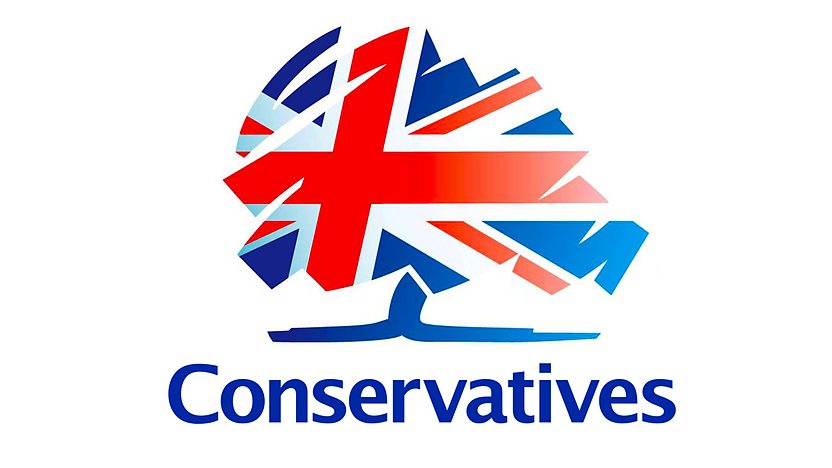Labour's Customs Union Confusion
It is only natural in a democracy to have polite disagreements about political issues, even amongst close friends, family and work colleagues. On an epoch-defining issue such as Brexit this is not only expected but virtually compulsory for there to be an energetic national debate in order for a decision to have legitimacy – which is why I am so pleased that the decision to leave the EU was taken in a referendum by the people, not simply a vote in Parliament.
Nonetheless, I very much respect the views of those constituents, MPs and others who voted to remain because they sincerely back a different vision of the UK after Brexit.
But the same sincerity cannot be extended to the cynical posturing by Labour’s frontbench, who have alternated between unrealistic promises and attempts to frustrate the Brexit process in a way that benefits no-one. It is clear that they have no interest in making a success of Brexit, or in seizing the opportunities that having our own trade policy represents.
Remaining in this political straightjacket whilst outside of the EU would be a catastrophic error. It would prevent us from having our own independent trade policy and would keep us under the European Court of Justice’s jurisdiction whilst preventing us from bringing cases to it.
Indeed, even the three countries who are outside the EU but within the Single Market (Norway, Lichtenstein and Iceland) and Switzerland (who have their own bespoke agreement) have opted to stay outside of the Customs Union, recognising the immense benefit of being able to negotiate and sign trade agreements.
For example, Switzerland and Iceland have already negotiated a free trade agreement with China, whilst Norway is in the final stages of one. Switzerland recently became the first European country to sign a free trade agreement with Japan.
As a Prime Minister’s Trade Envoy I have seen first-hand the prolific demand for British goods in services in certain sectors, specifically ones that for which the rapidly growing economies in Africa and Asia have a voracious and growing demand: Agri-Tech, FinTech, the creative sector, financial and professional services, and so on.
Without our own power to sign trade agreements we will be unable to strike free trade agreements to promote these areas whilst opening up our markets to cheaper imported clothing (which in the EU attract tariff rates of 11.8%) and food (which is subject to a complex litany of tariffs and quotas).
This announcement by Labour is coming the same day that the Office for Budget Responsibility is upgrading our growth forecasts: a time when we should be confident about the UK’s future outside of the EU’s political straightjacket, not running scared.
It is especially disappointing due to the fact as recently as last July Barry Gardiner, Labour’s Shadow International Trade Secretary, wrote very persuasively in an article for The Guardian about the folly of seeking to remain in the EU Customs Union:
“The EU’s 27 members would set the common tariffs and Britain would have no say in how they were set. We would be unable to enter into any separate bilateral free trade agreement. We would be obliged to align our regulatory regime with the EU in all areas covered by the union, without any say in the rules we had to adopt. And we would be bound by the case law of the ECJ, even though we would have no power to bring a case to the court. As a transitional phase, a customs union agreement might be thought to have some merit. However, as an end point it is deeply unattractive. It would preclude us from making our own independent trade agreements with our five largest export markets outside the EU (the US, China, Japan, Australia and the Gulf states).”
This flip-flopping is at best confusion, at worst a cynical deception to pull wool over the eyes of voters about the disadvantages of a policy that Labour is unlikely to ever have to actually go through with.
Jeremy Corbyn might have his eye on Number 10, but he doesn’t have a leg to stand on when it comes to this U-turn. Indeed, before he became leader I mainly recognised Corbyn from voting in the same voting lobby when it came to votes on the EU!
This is a highly deceptive policy that would sell the UK’s interests down the river were it ever to become Government policy and shows that Labour is more interested in frustrating the process of Brexit than offering alternatives. It shows more than ever that Labour are not fit to be a party of opposition, let alone of government.
